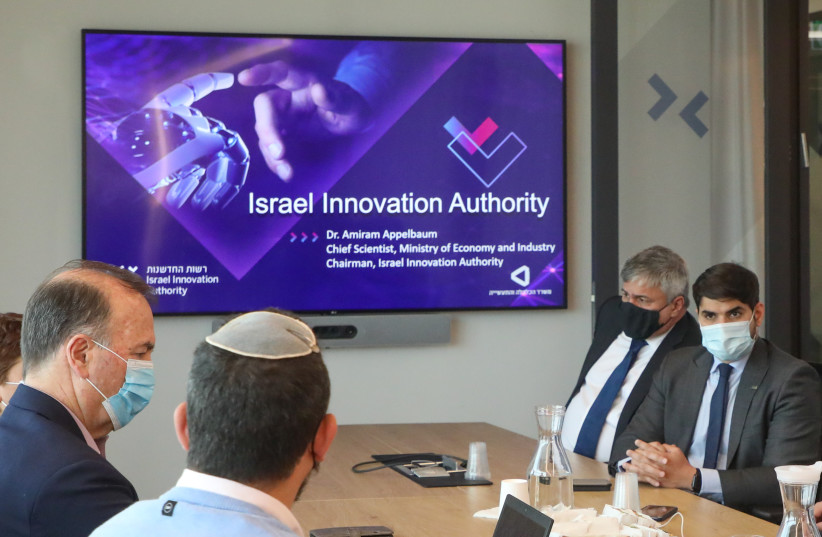The Israel Innovation Authority has announced its strategic focus on bio-device innovation as part of the National Bio-Convergence Program. The authority has also announced a NIS 113 million tender for the establishment of a center that will provide research and development infrastructure for bio-devices based on bio-chips.
The tender is directed at companies dedicated to developing key service infrastructure for companies that develop bio-devices such as environmental diagnostic sensors, smart implants for treatment and diagnostics, as well as lab-on-chip and organ-on-chip technologies.
Bio-convergence, which involves the convergence of biology and life sciences with engineering and software technologies, has gained significant momentum in recent years. This interdisciplinary field holds great potential for advancements and breakthroughs that can reshape industries and address pressing global challenges. By embracing bio-convergence, Israel aims to solidify its position as a world leader in technology and innovation.
Bio-chips are the microdevices at the heart of bio-device innovation, merging biology, engineering, and microtechnology. These miniature chips leverage microfluidics and miniaturization to replicate and simulate complex biological systems for research and diagnostic purposes.
"The field of bio-convergence has great potential to be a growth engine and a source of diversification for Israeli industry," emphasized Dror Bin, CEO of the Israel Innovation Authority. "Remaining ahead of the curve in a rapidly evolving technological landscape is crucial for Israel to maintain its competitive edge. This substantial tender will not only bolster the sector financially but also propel its development and establish Israel as an internationally renowned center of bio-convergence expertise. It will foster a new sector within our thriving high-tech industry."

The center will provide cutting-edge R&D services, prototype production, knowledge cultivation, and human capital development to accelerate bio-convergence innovation in Israel.
Israel has strong foundation in bio-convergence field
Israel has a unique advantage in the bio-convergence field due to its combination of a strong high-tech industry and a solid foundation in biotechnology. The country is renowned for its software and data expertise, as well as its leadership in engineering and the exact sciences. This makes it an ideal location to excel in this emerging sector. Israel has already made significant contributions to life sciences research, particularly in data and informatics, which has been bolstered by its leading role in medicine during the COVID-19 pandemic.
The NIS 113 million tender is a significant step forward in Israel's goal of becoming a global leader in the bio-convergence field. Companies and organizations with an interest in driving transformative innovation are encouraged to submit their funding requests to the Israel Innovation Authority. By embracing bio-device innovation and advancing the bio-convergence sector, Israel is well-positioned to shape the future of many industries and help solve some of the world's most pressing problems.